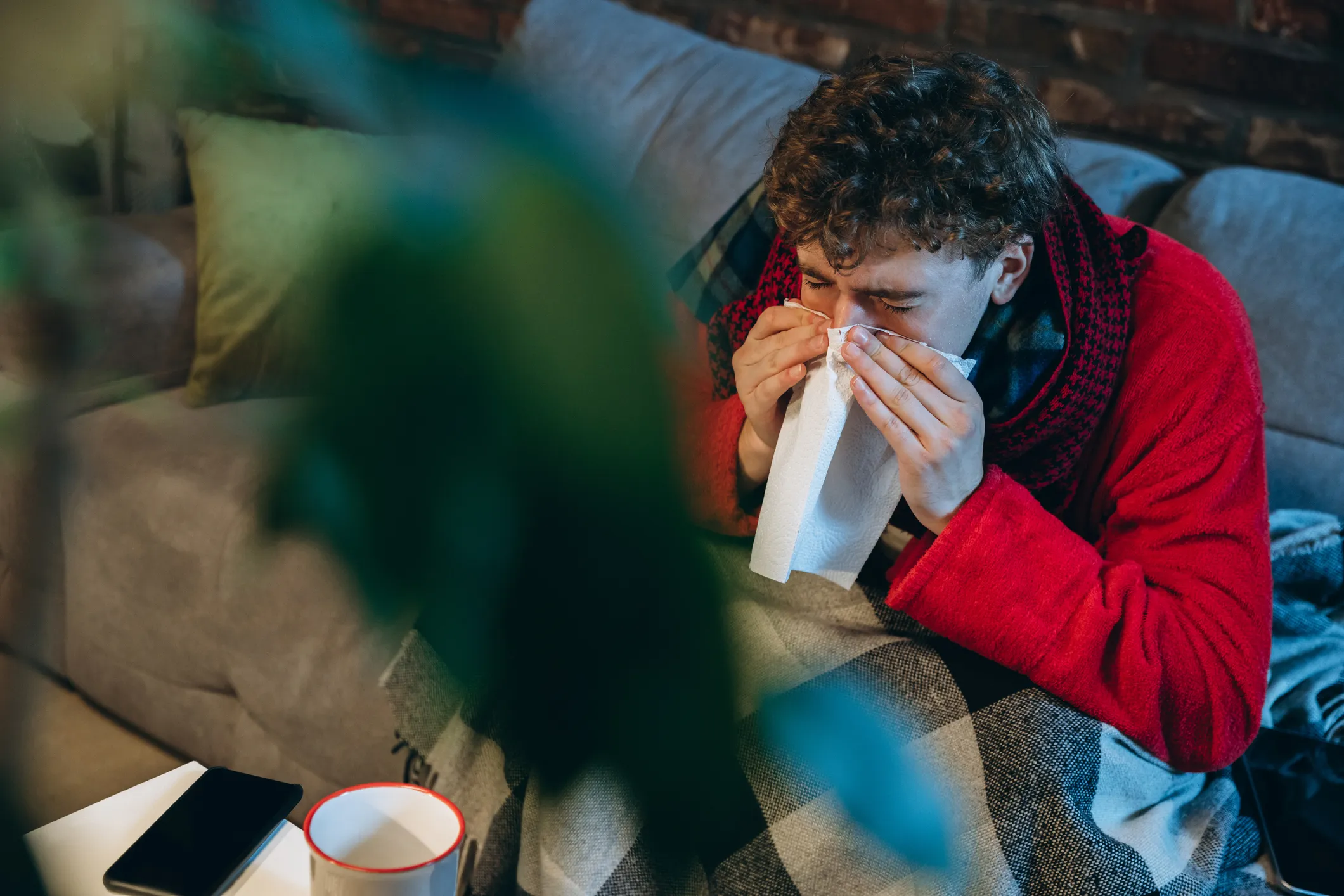How do I know if mold is making me sick?
Premises Liability - December 28, 2023 by Horwitz, Horwitz & Associates
Mold grows in the dark, often undetected until it’s already out of control and destroying your health. It can grow anywhere damp, including your rented Chicago home or workplace.
If you’ve suffered toxic mold exposure, you could be eligible for compensation to cover your medical bills and related expenses.
A Chicago premises liability lawyer from Horwitz, Horwitz & Associates can explain your legal options in a free case review. Call (800) 985-1819 to schedule yours.
Can mold inside walls make you sick?
Yes, some mold, like black mold, is toxic and can cause serious respiratory tract issues, a persistent cough, dry skin, shortness of breath, and chronic tightness in your chest.
Mold also causes serious structural damage, eating the organic matter in houses. It can spread to your personal belongings, infesting them and increasing your chances of getting sick.
Mold can grow at temperatures of 70° F and humidity levels of at least 55%, as well as any conditions where moisture accumulates for more than 24 hours. If there’s a leak in the roof or basement, rain or snow can get into your home, sparking mold growth.
If your house has standing water issues, there’s a good chance you’ll have a mold problem soon.
What are the symptoms of mold sickness?
You may get sick and not realize why or develop a cold that doesn’t seem to disappear. If you have seasonal allergies, you may dismiss the initial stages of mold exposure sickness as just that – allergies. Left untreated, though, you could develop serious symptoms, like:
- Chills and fever
- Constant headaches
- Bloody cough
- Sore throat and inflammation
- Inflamed lungs
- Trouble breathing
If you have asthma, mold exposure can exacerbate it. If you don’t have asthma, it’s still a possible complication from prolonged mold exposure.
The good news is that mold exposure symptoms can clear up if you are no longer exposed and get good medical care.
You have a higher risk of developing mold exposure sickness if you:
- Are frequently exposed to mold, either at home or at work
- Have a family history of allergies or asthma
- Live or work in a building with water damage or high humidity
Some people are at higher risk of developing complications from mold exposure, including the elderly and infants, people with a compromised respiratory system, like those with COPD, and those with a weak immune system.
I’m a renter. What are my options if there is mold in my home?
Your landlord must provide a safe living environment, including taking steps to prevent mold from forming. This includes promptly fixing leaks, cleaning up any standing water, and fixing water damage to reduce the chances of mold forming.
If you note signs of mold in your home, like water spots, a funky, wet-newspaper smell, or fuzzy black spots on the walls and ceiling that keep growing, you should inform your landlord immediately.
Sometimes, they can hold you financially responsible for any damage to the dwelling if you don’t report it immediately. If you do report indications of mold, then the landlord has a legal obligation to rectify the problem promptly.
If your landlord doesn’t book mold remediation services and fix the damage to the house that caused the mold to form in the first place, you could have legal grounds to file a lawsuit against them.
I think I’m suffering from mold exposure at work. Do I have a legal claim?
Just as a landlord is obligated to keep tenants safe, Illinois employers are responsible for providing employees with a safe working environment. This includes taking steps to prevent mold from forming and eradicate it as soon as it appears.
If you notice symptoms of mold exposure which are worse at work than anywhere else, alert your employer about the possibility of mold in the building. If they don’t take the steps necessary to investigate and rectify the problem, you can file a personal injury lawsuit against them for creating unsafe working conditions.
Do you need help with a mold poisoning injury claim?
If your home or workplace is infested with mold that’s making you ill, you could have grounds to file a personal injury suit. The complications from persistent mold exposure can have lifelong effects on your health and respiratory system. You could be eligible for compensation for the medical care you need and other losses, like a loss of enjoyment of life.
We can help you get the compensation you deserve. Call (800) 985-1819 today to speak with a mold injury lawyer from Horwitz, Horwitz & Associates in a free consultation.



